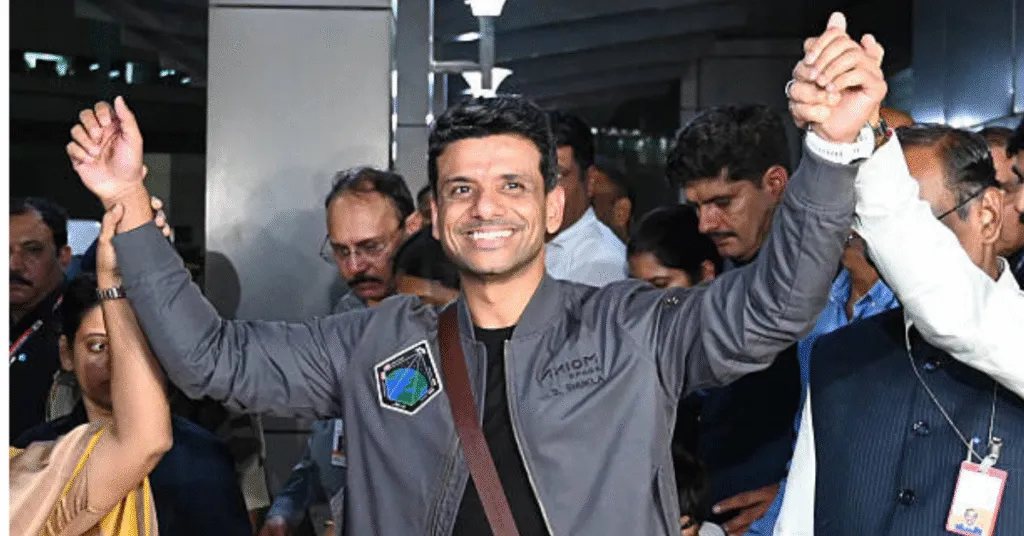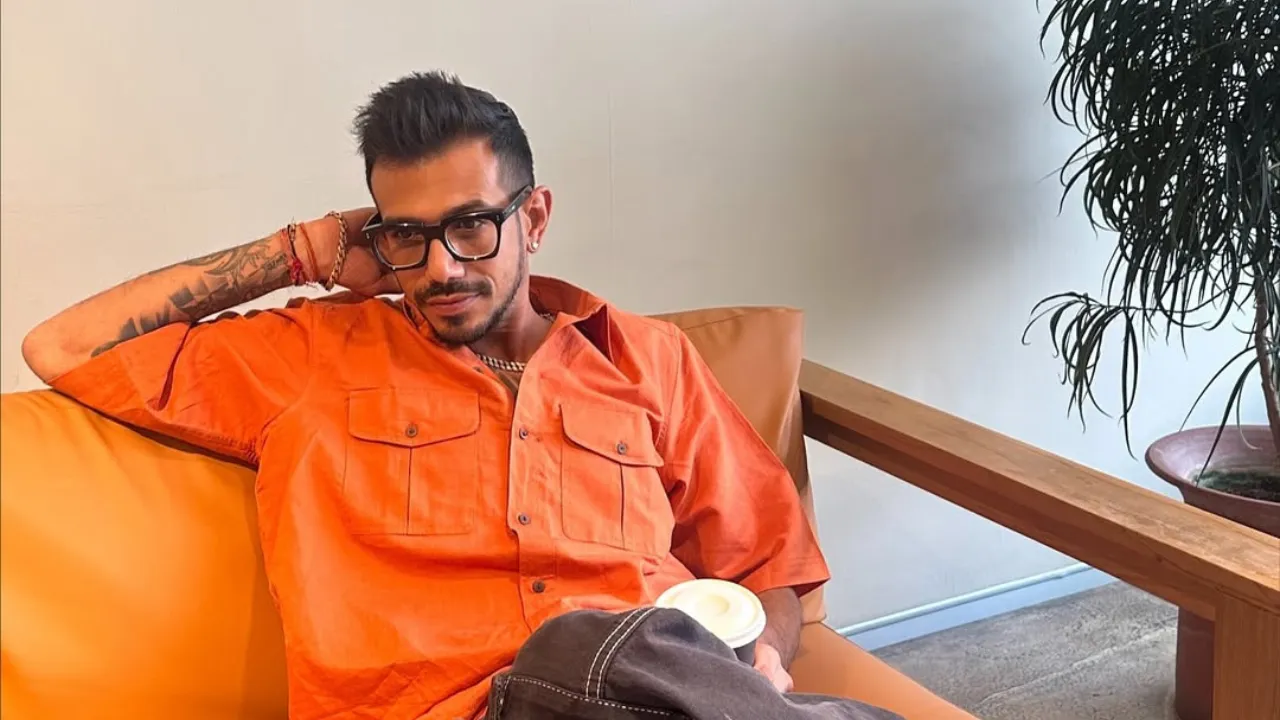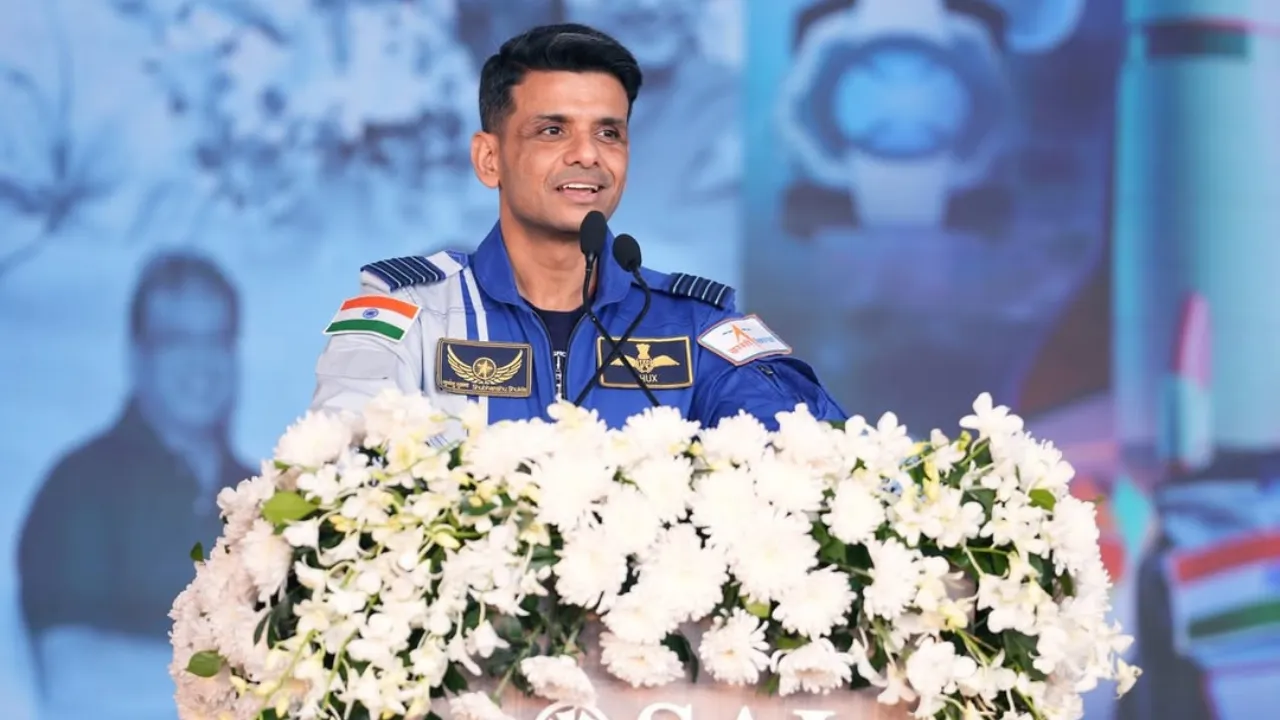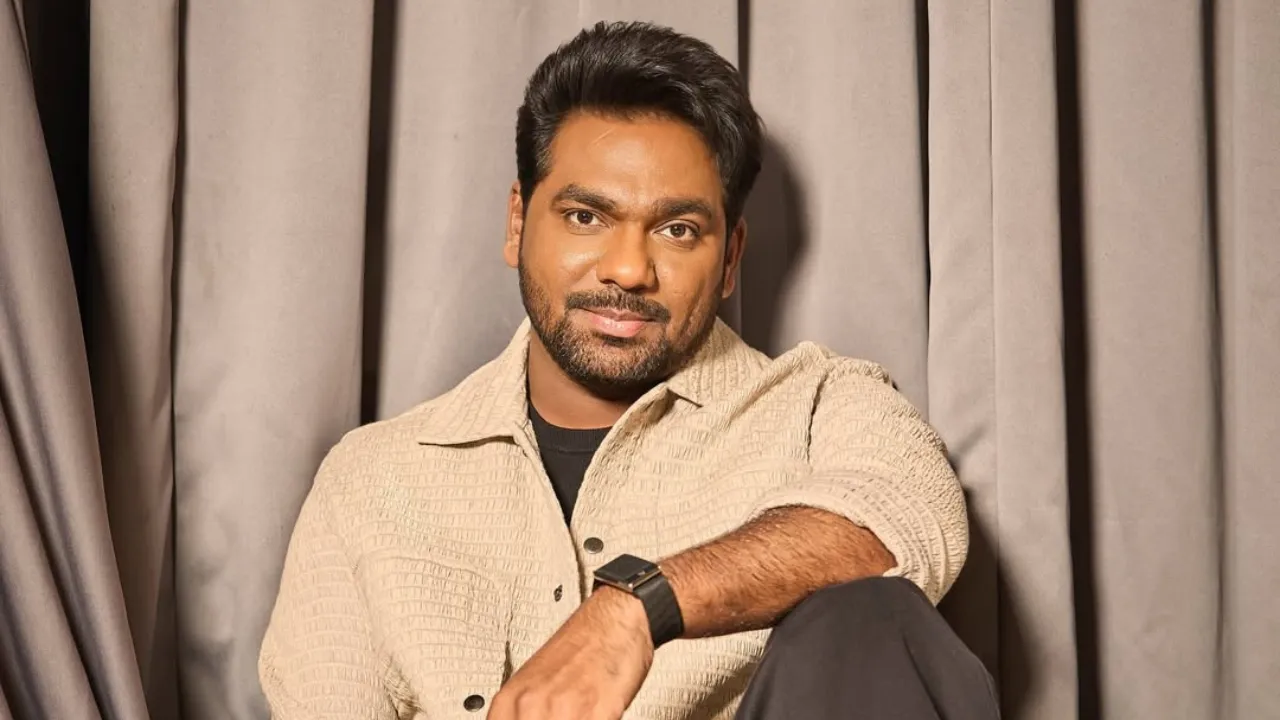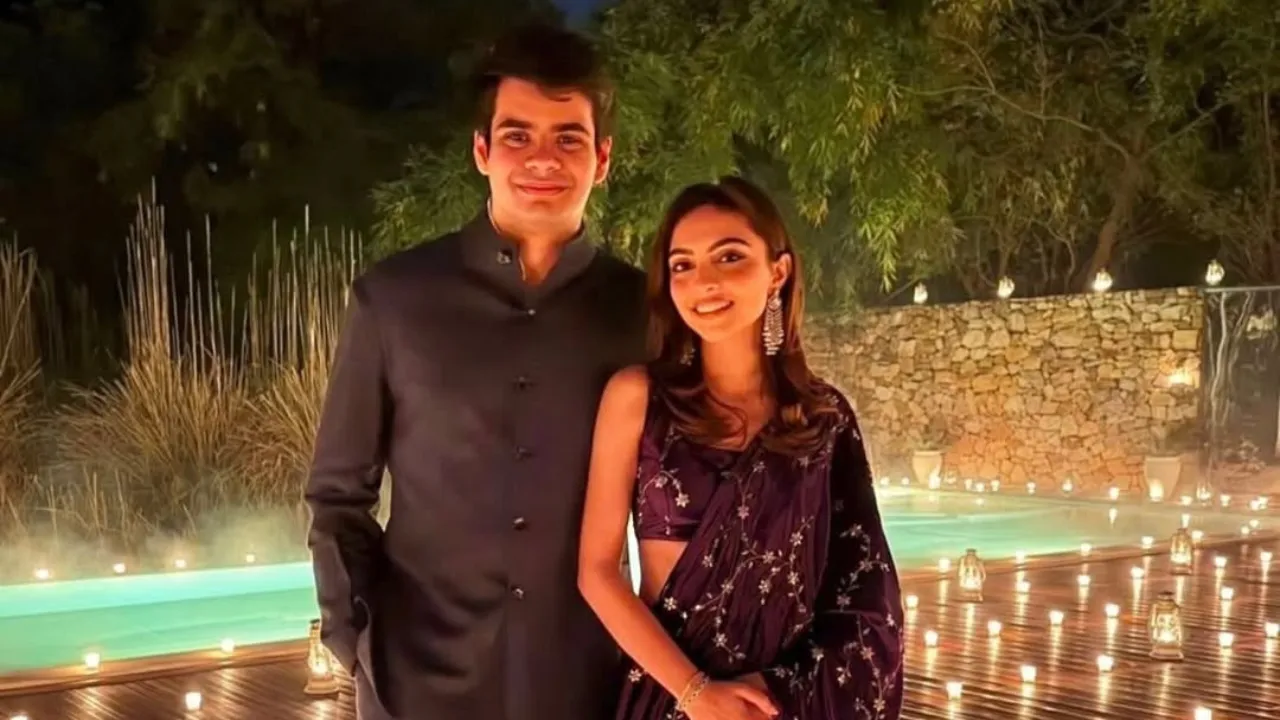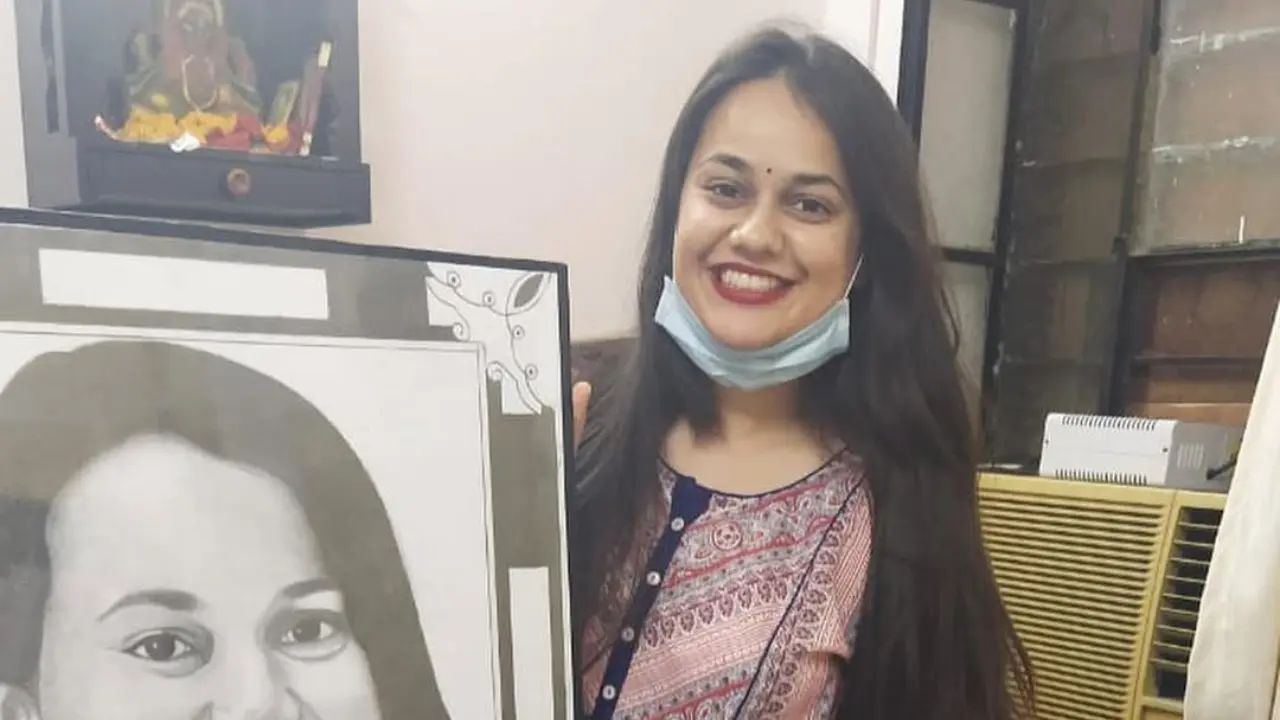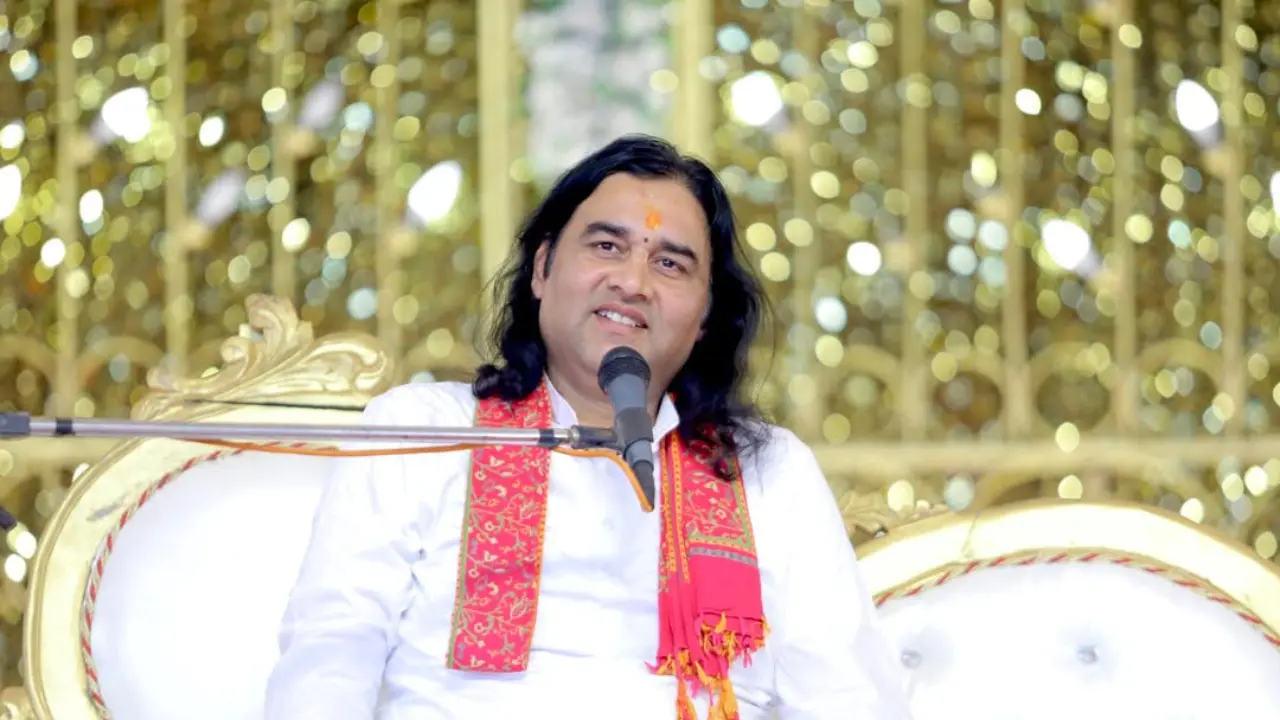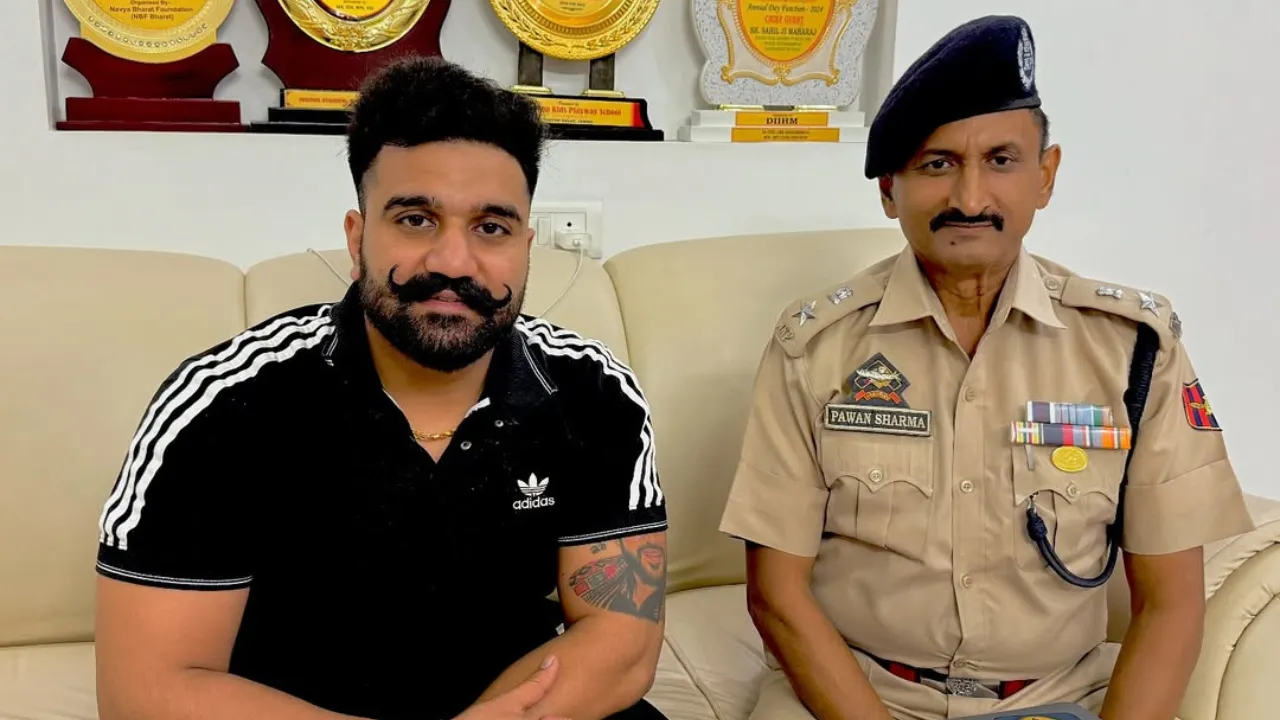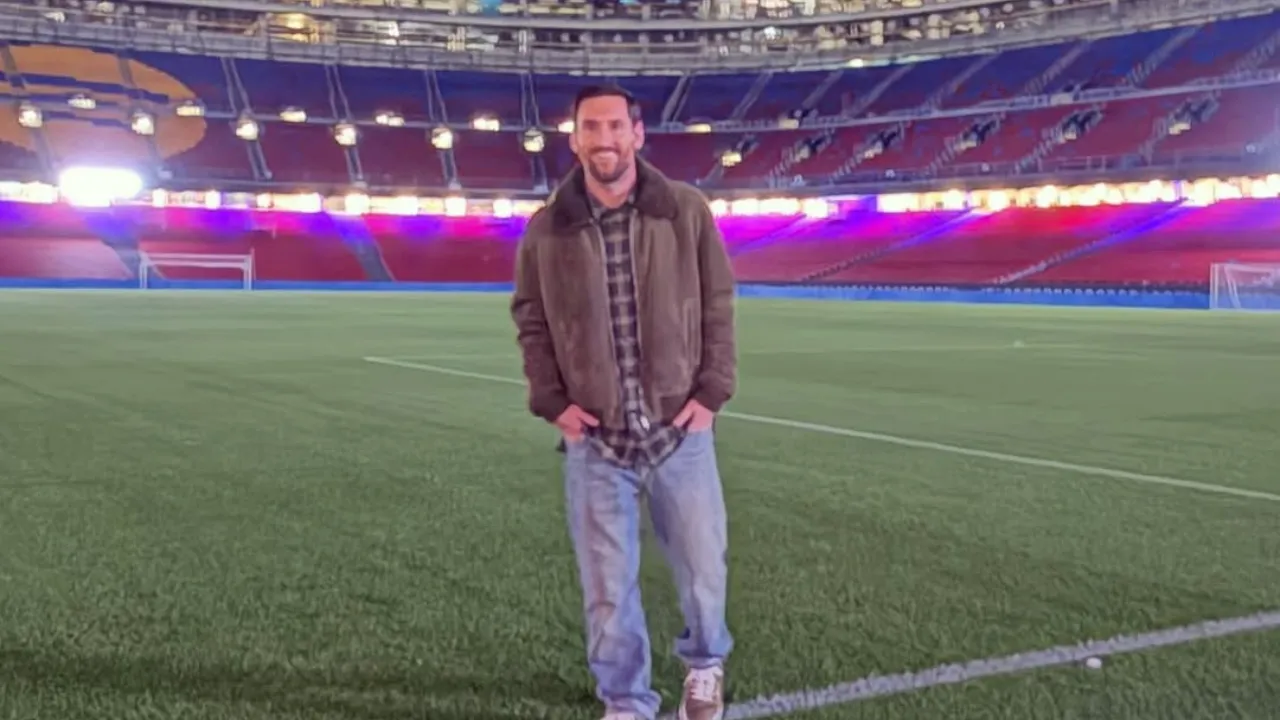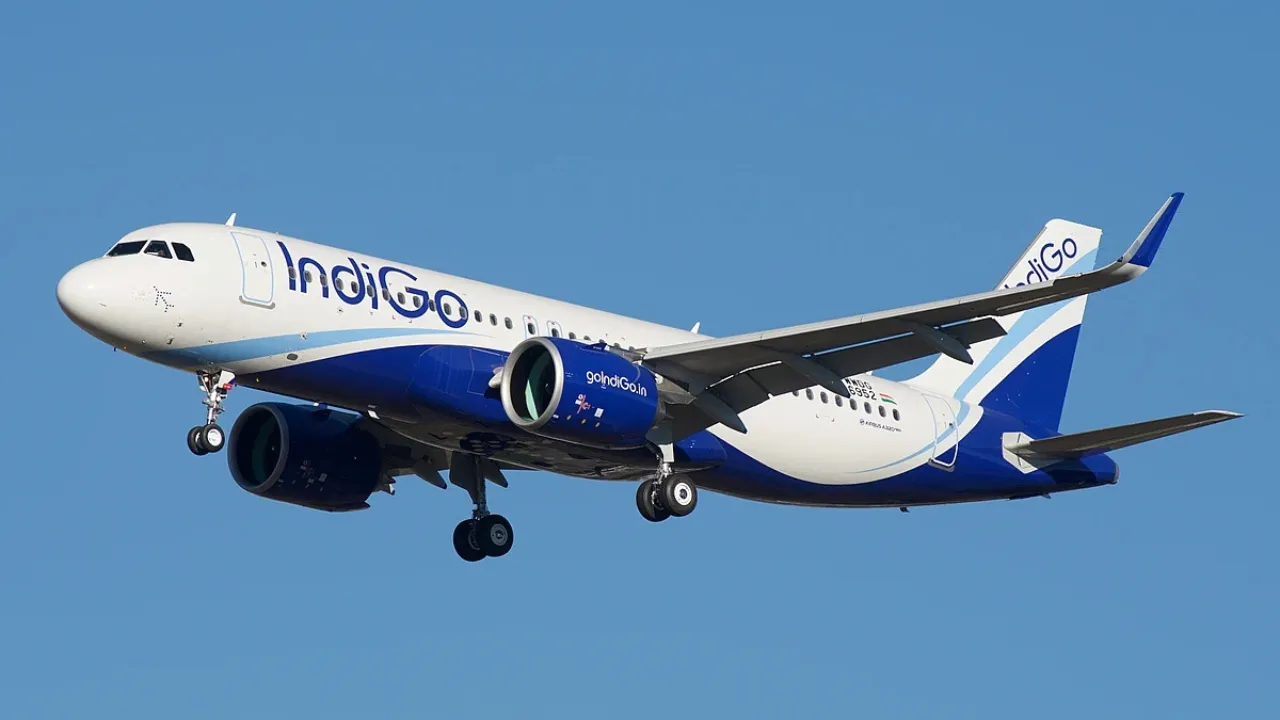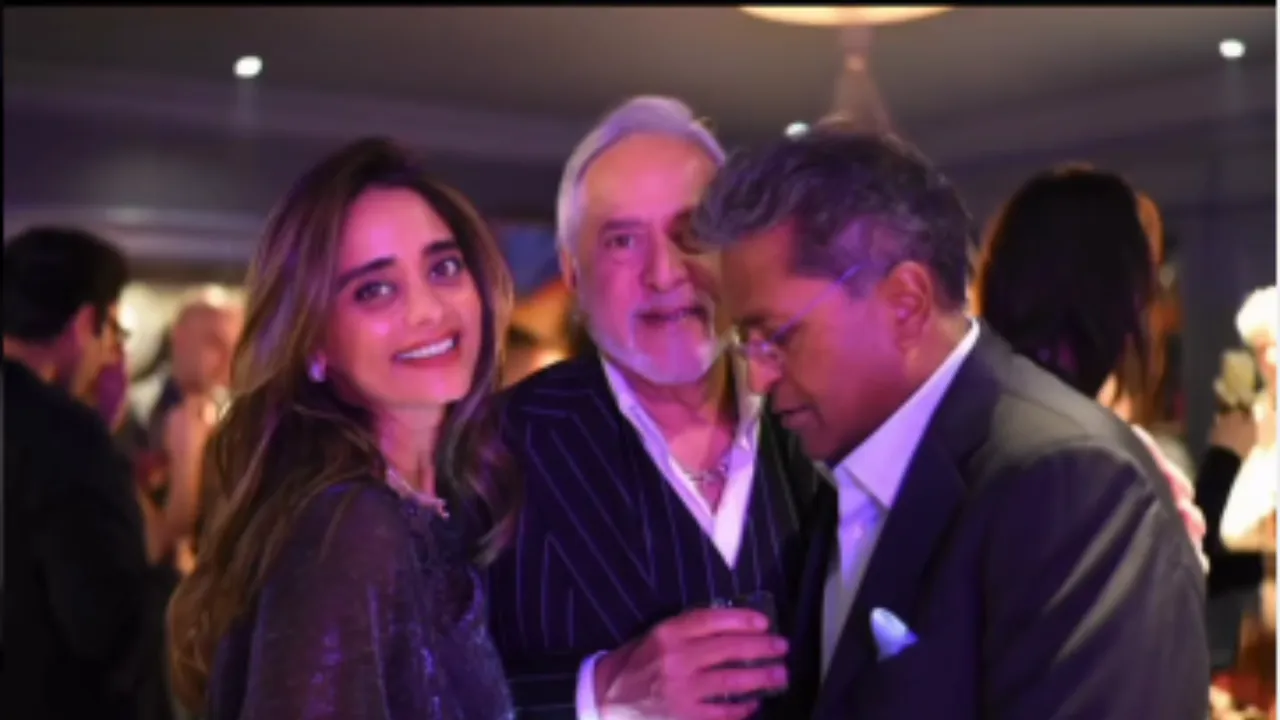Astronaut Shubhanshu Shukla Returns to India, Pens Emotional Note After Historic ISS Mission
New Delhi, August 18, 2025 — Marking a golden chapter in India’s space history, Group Captain Shubhanshu Shukla has returned to the country after completing his successful mission aboard the International Space Station (ISS). His homecoming has sparked nationwide pride, joy, and a renewed belief in India’s growing role in human space exploration.
A Grand Welcome in Delhi
Shubhanshu Shukla received a red-carpet welcome upon landing at Delhi’s Indira Gandhi International Airport. Union Minister of State for Space Jitendra Singh, Delhi Chief Minister Rekha Gupta, and ISRO Chairman V. Narayanan were present to receive him. The atmosphere was electric, with hundreds of people waving the tricolor and chanting patriotic slogans as Shukla set foot on Indian soil.
Such was the impact of Shukla’s achievement that the Lok Sabha will hold a special discussion on his mission today, linking his success to India’s larger vision of “Viksit Bharat by 2047.” Lawmakers are expected to highlight how his feat paves the way for India’s upcoming Gaganyaan human spaceflight program.
An Emotional Note for India
After his return, Shukla took to social media to share a heartfelt post. In one of his first messages, he wrote:
“Thank you sir. Surely feels good to be back home.”
The message, addressed to the Prime Minister and the people of India, reflected both relief and pride. He also shared the joy of finally reuniting with his family after spending weeks in quarantine following his splashdown off California last month. “Felt like home again,” he posted, along with images of an emotional embrace with his loved ones.
In another note, Shukla reflected on the sacrifices behind space exploration, recalling how the long isolation and separation from loved ones tested him emotionally. His words struck a chord with millions of Indians who followed his journey closely.
The Mission: Breaking New Ground
Shukla made history as the first Indian astronaut to live aboard the ISS, becoming the nation’s face in global space science after Rakesh Sharma’s Soyuz mission in 1984. As part of the Axiom-4 (Ax-4) crew, he conducted over 70 experiments, including seven designed by ISRO. These covered areas such as microbial behavior in space, muscle degradation, crop growth in microgravity, and the impact of prolonged screen use on astronauts.
Interestingly, Shukla received no salary from ISRO, NASA, or Axiom Space for the mission. However, ISRO invested approximately ₹548 crore in training, logistics, and scientific payloads to make the mission possible. Analysts describe this as a “strategic investment” that strengthens India’s future crewed space capabilities.
Global and National Recognition
Prime Minister Narendra Modi congratulated Shukla, calling his achievement “a moment that will inspire a billion dreams.” The PM also recalled how the foundation for this mission was laid during his U.S. visit, where India and the U.S. deepened space cooperation.
Defence Minister Rajnath Singh personally spoke to Shukla’s father, praising the family’s sacrifices and calling his success a “proud moment for the nation.”
Beyond India, Shukla’s contributions were acknowledged by NASA and Axiom Space officials, who noted that his experiments would benefit not just India but also the broader global scientific community.
What Lies Ahead
Experts believe Shukla’s ISS mission was not an end in itself but a stepping stone toward India’s Gaganyaan-4 mission, scheduled for early 2027. Lessons from his experiments and experience in microgravity will be critical for ensuring the safety and efficiency of India’s first fully indigenous crewed spaceflight (Wikipedia).
For now, Shukla has returned as both a national hero and a symbol of India’s rising space ambitions. His journey has reignited interest in STEM careers among youth and positioned India firmly on the global space map.
Also Read: Anita Advani Claims She Was Secretly Married to Rajesh Khanna.
